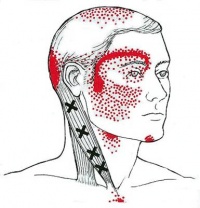Topic cluster headache treatment: Discover effective strategies for managing cluster headaches, exploring treatments that offer hope and relief for those seeking to overcome this challenging condition.
Table of Content
- What are the common treatments for cluster headaches?
- Understanding Cluster Headaches
- Immediate Relief Options
- Preventive Treatments
- Alternative and Supplemental Therapies
- Lifestyle Modifications and Support
- Understanding the Role of Oxygen Therapy
- YOUTUBE: Cluster Headaches: Symptoms, Pathophysiology, Treatment
- Medications for Cluster Headaches
- Advanced Treatments and Interventions
- Emerging Research and Future Directions
What are the common treatments for cluster headaches?
The common treatments for cluster headaches include:
- Triptans: Medications like sumatriptan (Imitrex) are often used for aborting cluster headache symptoms. Sumatriptan can be administered as a shot or nasal spray.
- Oxygen therapy: 100% oxygen therapy is a well-known treatment for cluster headaches. It involves inhaling pure oxygen to relieve the pain and symptoms.
- Preventive medications: Certain medications can be prescribed to prevent future cluster headache attacks. These may include verapamil, lithium, or corticosteroids.
It\'s important to consult a healthcare professional for an accurate diagnosis and appropriate treatment plan for cluster headaches.
READ MORE:
Understanding Cluster Headaches
Cluster headaches are a form of severe pain that occur on one side of the head, typically around the eye. They are called "cluster headaches" because they tend to happen in groups or clusters over a period of weeks or months. Understanding the nature of these headaches is the first step towards effective treatment.
- Characteristics: Sudden onset, severe pain, often described as sharp or burning.
- Duration: Attacks can last between 15 minutes to 3 hours and may occur several times a day.
- Frequency: Clusters may appear seasonally, often during spring or fall, and then remit for months or even years.
- Triggers: While the exact cause is unknown, alcohol, smoking, and certain foods have been identified as potential triggers during a cluster period.
- Physiological Signs: Other symptoms may include redness of the eye, nasal congestion, and tearing on the side of the headache.
Recognizing these patterns and symptoms is crucial for diagnosis and the development of a personalized treatment plan. The goal is not just to treat the pain, but also to reduce the frequency and severity of the headache clusters.
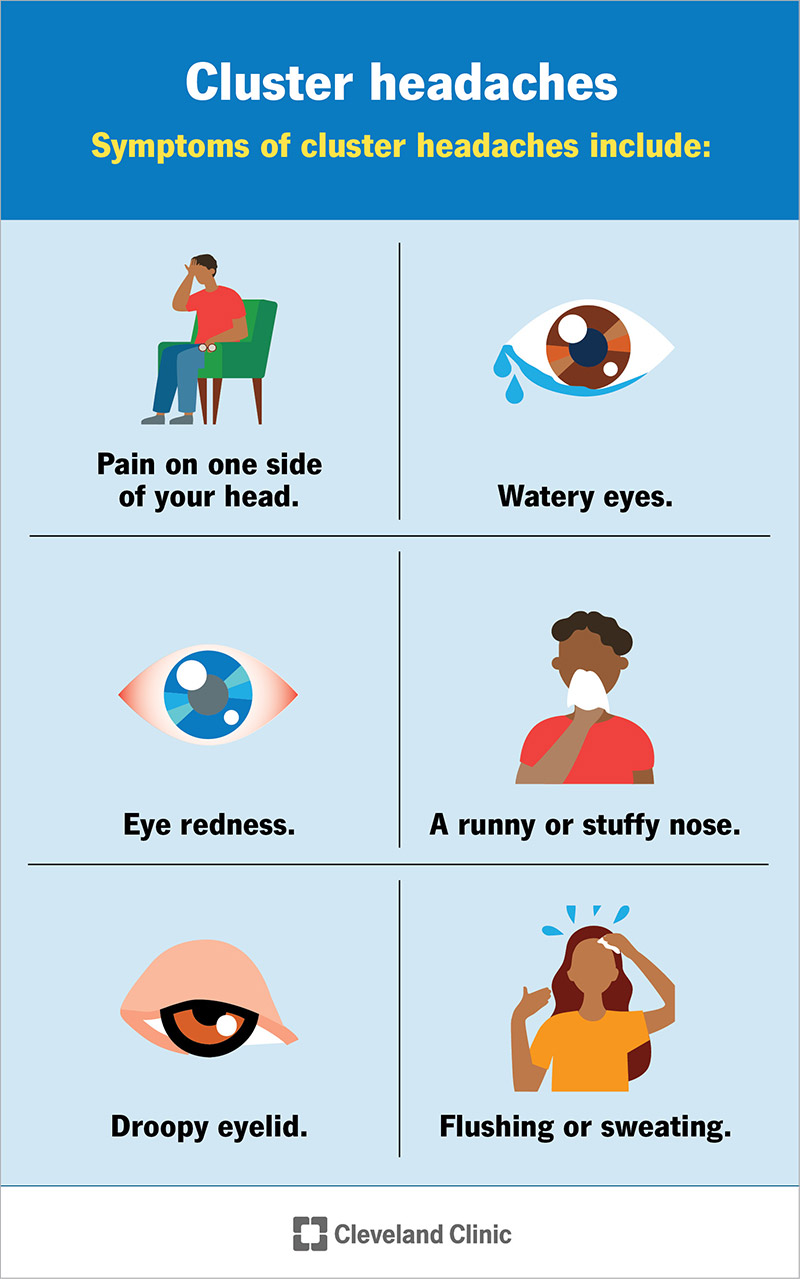
Immediate Relief Options
For those experiencing the intense pain of a cluster headache, finding immediate relief is a top priority. There are several effective treatments available that can help to quickly reduce or stop the pain during an attack.
- Oxygen Therapy: Inhaling pure oxygen through a mask for 15-20 minutes can provide significant relief.
- Triptans: Sumatriptan (injection or nasal spray) is often effective in stopping a headache quickly.
- Octreotide: An injectable synthetic version of somatostatin, it can be used for those who cannot take triptans.
- Local Anesthetics: Nasal sprays or injections of lidocaine may offer temporary relief.
These treatments have been shown to be effective for many sufferers of cluster headaches. It"s important to work closely with a healthcare provider to determine the most appropriate and effective treatment strategy for your specific situation.
Preventive Treatments
Preventing cluster headaches from occurring is an essential part of managing this condition. While there is no cure, several strategies can significantly reduce the frequency and intensity of headache clusters.
- Medications: Preventive medications can be taken daily during cluster periods. These include calcium channel blockers like verapamil, corticosteroids to reduce inflammation, and antiepileptic drugs such as topiramate.
- Lifestyle Changes: Avoiding known triggers, such as alcohol and smoking, can help prevent the onset of headaches.
- Regular Sleep Schedule: Maintaining a consistent sleep schedule can help prevent attacks.
- Neuromodulation Techniques: Techniques such as the sphenopalatine ganglion (SPG) stimulation and vagus nerve stimulation have shown promise in preventing cluster headaches.
It"s important to note that preventive treatment plans are highly individualized. Working with a healthcare provider to tailor a plan that addresses your specific needs and symptoms is crucial for effective management of cluster headaches.
:max_bytes(150000):strip_icc()/VWH-PaigeMcLaughlin-WhatisaClusterHeadache-Standard-87c962b6a28d4b1ab0359ed3ae5b696f.jpg)
Alternative and Supplemental Therapies
Alongside traditional medical treatments, many individuals find relief from cluster headaches through alternative and supplemental therapies. These approaches can help manage symptoms and reduce the frequency of attacks.
- Magnesium Supplements: Some studies suggest that magnesium deficiency may be linked to cluster headaches, making supplementation potentially beneficial.
- Melatonin: Taking melatonin before bedtime has been shown to help regulate sleep patterns and could potentially reduce cluster headache frequency.
- High-Flow Oxygen Therapy: Though often considered a primary treatment, it"s worth noting its effectiveness as an alternative approach for those seeking non-pharmacological options.
- Psychedelic Compounds: Research on psychedelics, such as psilocybin and LSD, shows promise in treating cluster headaches, although legal and medical guidance is crucial.
- Acupuncture: Some patients report relief from cluster headaches through acupuncture treatments, aiming to reduce pain and frequency of attacks.
While these therapies can offer additional relief, it"s important to discuss them with a healthcare provider to ensure they"re appropriate for your situation and used safely alongside other treatments.
Lifestyle Modifications and Support
Making certain lifestyle adjustments and seeking support can play a significant role in managing cluster headaches. These strategies can help reduce the impact of headaches on daily life and improve overall well-being.
- Avoid Triggers: Identify and avoid personal triggers, such as alcohol, certain foods, and strong smells, which can provoke headache attacks.
- Maintain a Healthy Sleep Schedule: Disruptions in sleep patterns can trigger cluster headaches. Aim for consistent sleep times and quality rest.
- Exercise Regularly: Regular physical activity may help reduce the frequency of headaches by improving overall health and stress management.
- Stress Management Techniques: Practices such as meditation, yoga, and deep-breathing exercises can help manage stress levels, potentially reducing the frequency of headache clusters.
- Join Support Groups: Connecting with others who understand the challenges of living with cluster headaches can provide emotional support and valuable insights into management strategies.
- Nutritional Considerations: A balanced diet, possibly with the guidance of a nutritionist, can support overall health and potentially influence headache patterns.
Adopting these lifestyle modifications, in conjunction with professional medical advice, can offer a comprehensive approach to managing cluster headaches more effectively.
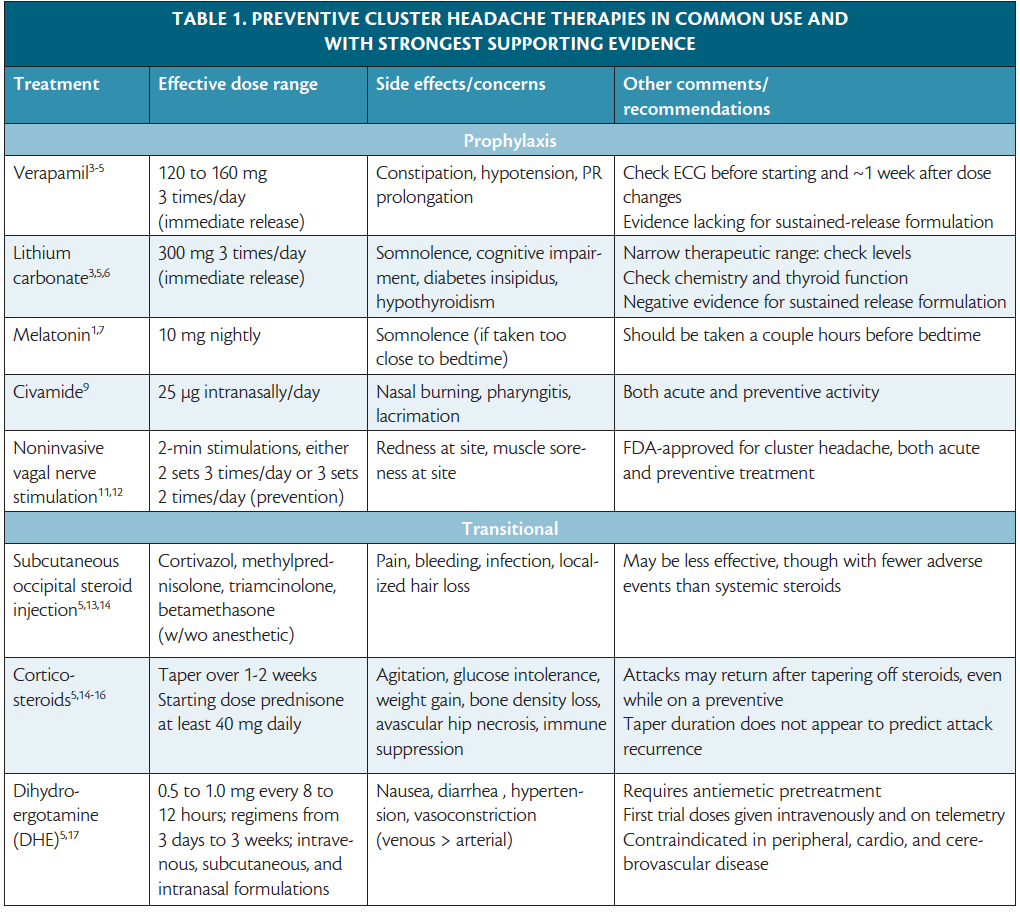
Understanding the Role of Oxygen Therapy
Oxygen therapy has emerged as a cornerstone in the acute management of cluster headaches, offering a rapid and effective means of relief for many sufferers. Understanding how it works and its benefits can empower patients to make informed decisions about their care.
- Mechanism of Action: High-flow oxygen therapy involves inhaling pure oxygen at a flow rate of 7 to 15 liters per minute through a face mask. The exact mechanism is not fully understood, but it is believed to reduce the pain by constricting blood vessels and reducing inflammation around the trigeminal nerve.
- Usage: It"s typically used at the onset of a cluster headache attack and can be administered for 15 to 20 minutes. Some patients may require longer sessions depending on their response.
- Effectiveness: Many patients report significant pain relief within 15 minutes of starting oxygen therapy, with some experiencing complete cessation of the headache.
- Accessibility: Oxygen therapy can be used at home with a prescribed oxygen tank and mask, making it a convenient option for many sufferers.
- Safety: It is considered a safe treatment with few side effects, especially compared to pharmaceutical options. However, it is essential to use it under medical supervision to ensure proper usage and dosing.
- Considerations: While highly effective for many, it"s important to note that individual responses can vary. Ongoing communication with healthcare providers is crucial to optimize treatment plans.
This therapy highlights the importance of non-pharmacological interventions in managing cluster headaches and underscores the need for further research into its mechanisms and potential for broader application.
Cluster Headaches: Symptoms, Pathophysiology, Treatment
\"Learn how to effectively manage and find relief from cluster headaches with this informative video. Discover proven techniques and treatments that can help you regain control of your life and minimize the impact of these intense headaches.\"
Cluster Headaches: Risk Factors, Triggers, Signs & Symptoms, Diagnosis, Treatment
\"Curious about the risk factors that can potentially increase your chances of developing certain health conditions? This eye-opening video dives deep into the various risk factors and provides valuable insights on how you can mitigate them to stay healthy and lead a fulfilling life.\"
Medications for Cluster Headaches
Effective pharmacological treatments are available for both aborting active cluster headache attacks and preventing future episodes. These medications can significantly improve quality of life for those affected by this debilitating condition.
- Abortive Treatments:
- Sumatriptan (injectable or nasal spray) is widely used for its rapid relief capabilities.
- Oxygen therapy, while non-pharmacological, is often categorized with abortive treatments due to its immediate effect.
- Zolmitriptan nasal spray is another option for quickly alleviating headache symptoms.
- Preventive Medications:
- Verapamil, a calcium channel blocker, is commonly prescribed for its effectiveness in reducing the frequency of cluster headache episodes.
- Lithium carbonate is used, particularly in chronic cluster headache sufferers, for its mood-stabilizing properties that also help manage headache cycles.
- Prednisone can be used as a short-term preventive measure to break a cycle of cluster headaches.
- Transitional Treatments: For bridging the gap between acute and preventive treatments, short courses of corticosteroids like prednisone are sometimes recommended.
- Emerging Therapies: Research continues into new treatments, including CGRP (calcitonin gene-related peptide) antagonists and neuromodulation techniques, offering hope for more effective and targeted options in the future.
Choosing the right medication involves careful consideration of the individual"s medical history, the pattern of their cluster headaches, and potential side effects. Collaboration with healthcare providers is essential to tailor a treatment plan that best fits the patient"s needs.

Advanced Treatments and Interventions
For individuals with cluster headaches who do not respond to traditional treatments, advanced options offer new hope. These interventions, ranging from surgical procedures to innovative non-invasive therapies, aim to provide relief for those with the most challenging cases.
- Sphenopalatine Ganglion (SPG) Block: This minimally invasive procedure involves the application of a local anesthetic to the SPG, a nerve bundle associated with headache pain, offering immediate relief for some patients.
- Occipital Nerve Stimulation: This involves the implantation of a small device that delivers electrical impulses to the occipital nerve, which can reduce the frequency and severity of headaches.
- Deep Brain Stimulation: For the most intractable cases, this surgical option targets areas of the brain involved in pain processing, offering significant relief for some patients.
- Vagus Nerve Stimulation (VNS): A non-invasive approach that uses a handheld device to deliver electrical stimulation to the vagus nerve through the skin, which has been shown to reduce the intensity of cluster headache attacks.
- Gamma Knife Radiosurgery: A highly precise form of radiation therapy aimed at specific areas of the brain involved in pain transmission, offering a non-invasive alternative to open brain surgery.
These advanced treatments require thorough evaluation and are typically considered when all other options have been exhausted. Collaboration between patients and their healthcare team is crucial to assess the potential benefits and risks of each intervention.
READ MORE:
Emerging Research and Future Directions
The field of cluster headache treatment is evolving, with ongoing research exploring new therapies and improving our understanding of this condition. Emerging research and innovations promise to expand treatment options and offer new hope to those affected.
- Genetic Studies: Research into the genetic basis of cluster headaches could lead to targeted therapies that are more effective and have fewer side effects.
- CGRP Antagonists: Following their success in treating migraines, CGRP (calcitonin gene-related peptide) antagonists are being studied for their potential in treating cluster headaches, with some promising early results.
- Neuromodulation Techniques: Advances in neuromodulation, including non-invasive vagus nerve and occipital nerve stimulation, are being explored for their effectiveness and safety in managing cluster headaches.
- Psychedelic Research: Preliminary studies into the use of psychedelics, such as psilocybin and LSD, suggest they may offer significant relief for cluster headache sufferers, prompting further investigation into their therapeutic potential.
- Personalized Medicine: The future of cluster headache treatment may lie in personalized medicine, using individual genetic profiles to tailor treatments for better outcomes.
This exciting research underscores the importance of continued investment and interest in the study of cluster headaches. With each discovery, there is hope for more effective treatments and ultimately, a better quality of life for those living with this debilitating condition.
Exploring the frontier of cluster headache treatments opens new pathways to relief and hope. Embrace the journey towards understanding and managing this condition, empowered by the latest advances and supportive communities.
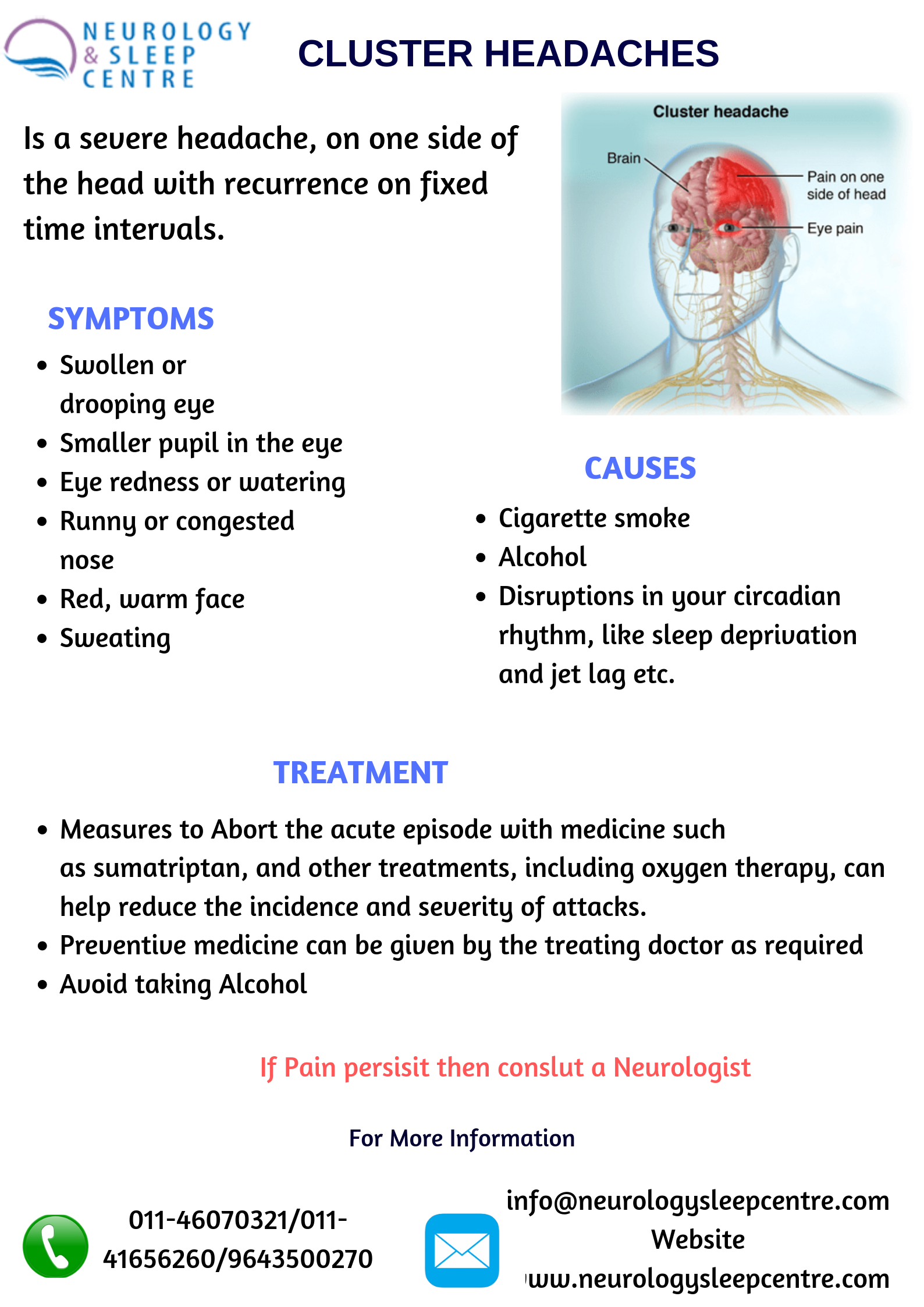
:max_bytes(150000):strip_icc()/migraine-relief-pressure-points-5205811-FINAL-cdc9e0d051cb460bac8baa98bc01954f.jpg)
:max_bytes(150000):strip_icc()/headache-on-the-right-side-5216756_final-b9d0145864d74706b0316a2e9b62dd37.jpg)


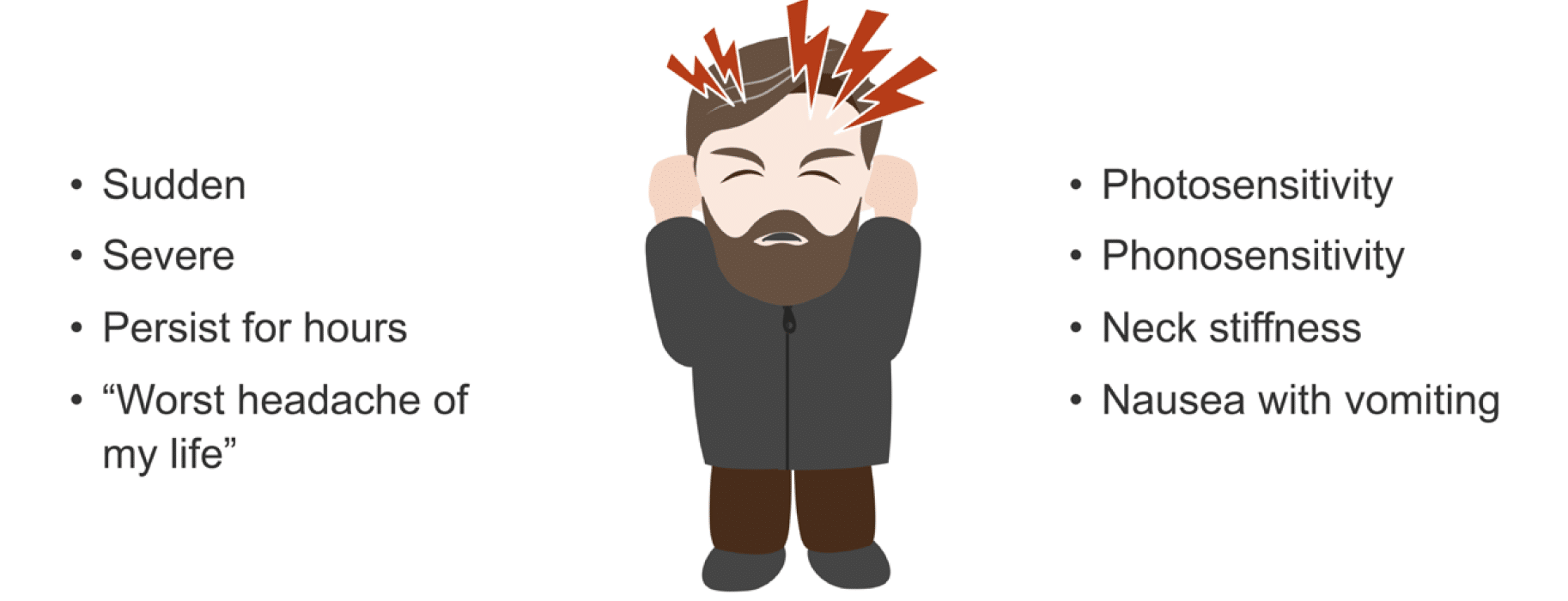


.png)
:max_bytes(150000):strip_icc()/vision-and-headache-3422017_final-f90b31917b244236a7424b143a537fd3.jpg)
